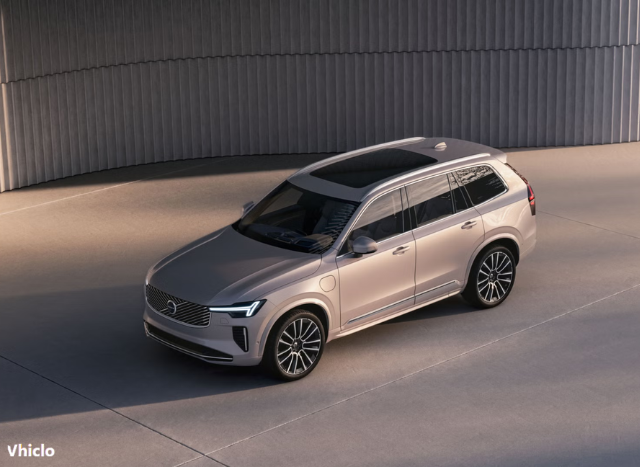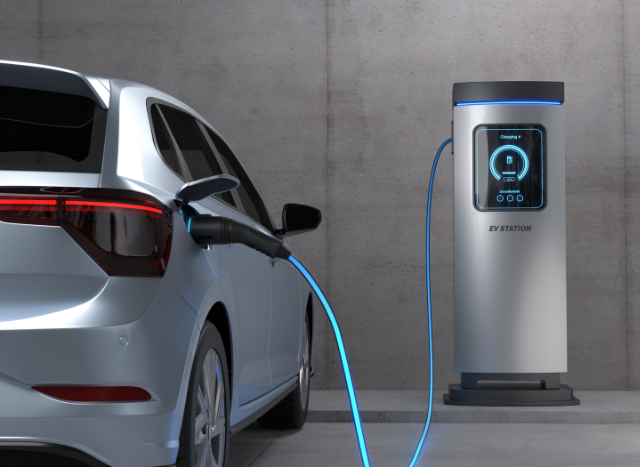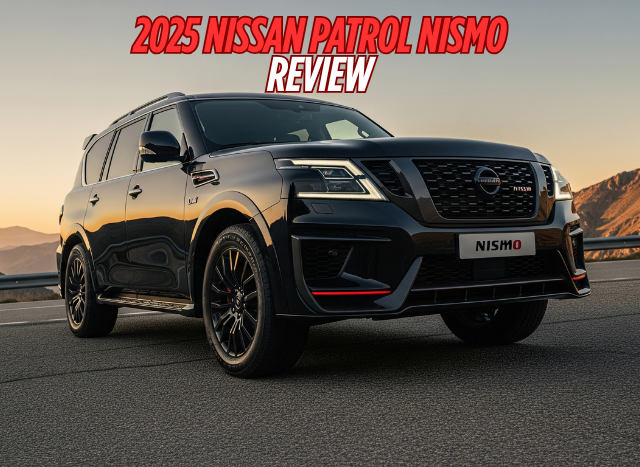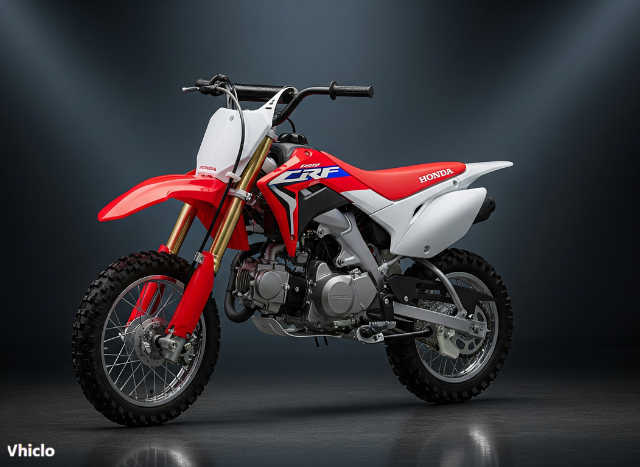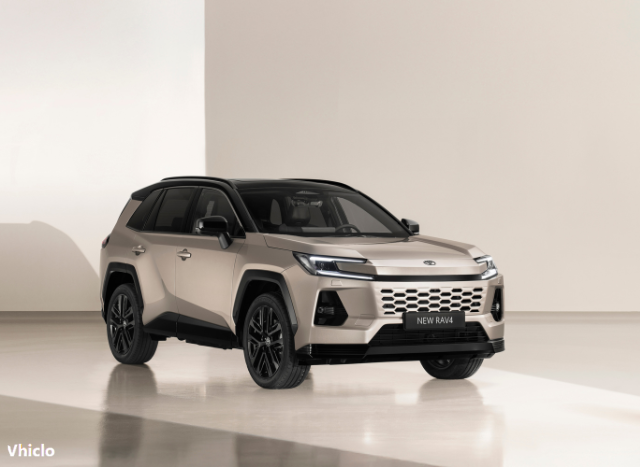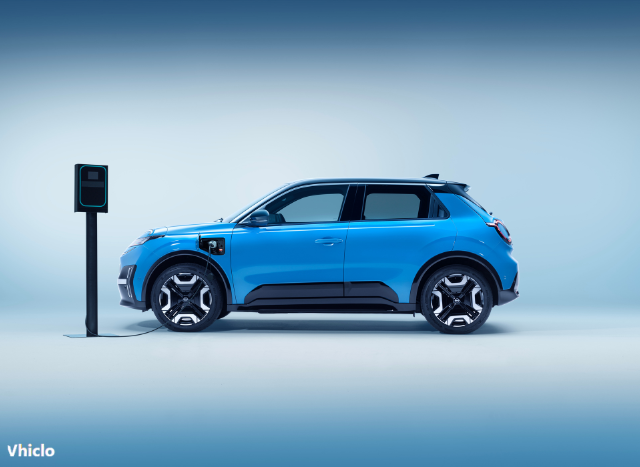A battery defect could cause thermal runaway when vehicles are stationary. Volvo is recalling over 7,400 plug-in hybrid vehicles in the US due to a potentially hazardous safety problem that can lead to a fire risk when the vehicle is parked and charged.
Contents
What’s the Problem?
According to reports filed with the National Highway Traffic Safety Administration (NHTSA), Volvo found a “production deviation” within certain LG-supplied high-voltage battery modules. The defect creates the potential for thermal runaway—a rapid, uncontrollable rise in temperature within the battery—due to this, the risk of a fire significantly increases.
More Details:
- Issue Trigger: A Short circuit may occur when the battery is charge-locked and parked.
- Risk: Thermal events (battery fires); owners are asked not to charge their vehicles until service is completed.
- Incidents: Volvo has logged two known events, with no injuries or deaths.
Affected Volvo Models
The recall covers several popular plug-in hybrid models built between June 3, 2019, and November 30, 2021:
| Model | Model Year(s) |
|---|---|
| Volvo S90 (sedan) | 2020–2021 |
| Volvo V90 (wagon) | 2022 |
| Volvo S60 (sedan) | 2020–2022 |
| Volvo V60 (wagon) | 2020–2022 |
| Volvo XC60 (SUV) | 2020–2022 |
| Volvo XC90 (SUV) | 2020–2022 |
In total, 7,483 plug-in hybrid units are affected.
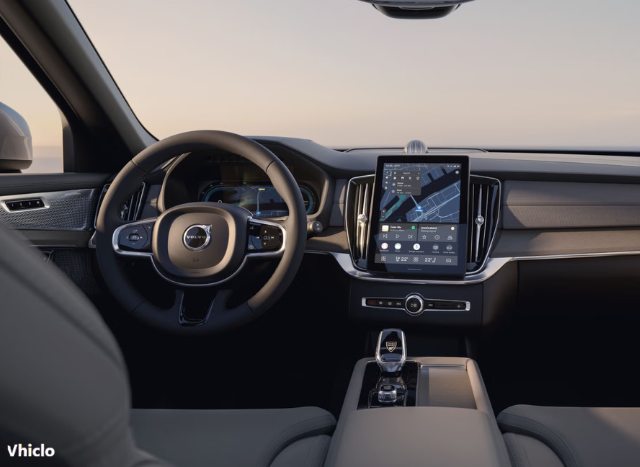
What Volvo Will Do:
Official notices of recall will be sent to affected owners in May 2025, according to Volvo. In the meantime, the automaker requests owners not to charge their vehicles until service is completed.
- Battery Inspection: Technicians will inspect battery modules for potential defects.
- Battery Replacement: If cell deviations are found, the entire module will be replaced free of charge.
- Software Update: All affected vehicles will have new battery management software installed, even if a defect is not found.
Same Problem Previously Reported by Jeep
This recall harks back to a similar issue that Jeep went through in October 2024, when nearly 194,000 Wrangler and Grand Cherokee 4xe plug-in hybrid vehicles were recalled due to potential fire risks caused by the batteries. In this case, customers were told to park outside and away from the structures until their vehicle was repaired.
Automotive industry expert and editor of Vhiclo, specializing in car news, EV technology, and in-depth vehicle analysis. With years of experience in the field, Koutaibah provides trusted insights for enthusiasts and professionals alike.
